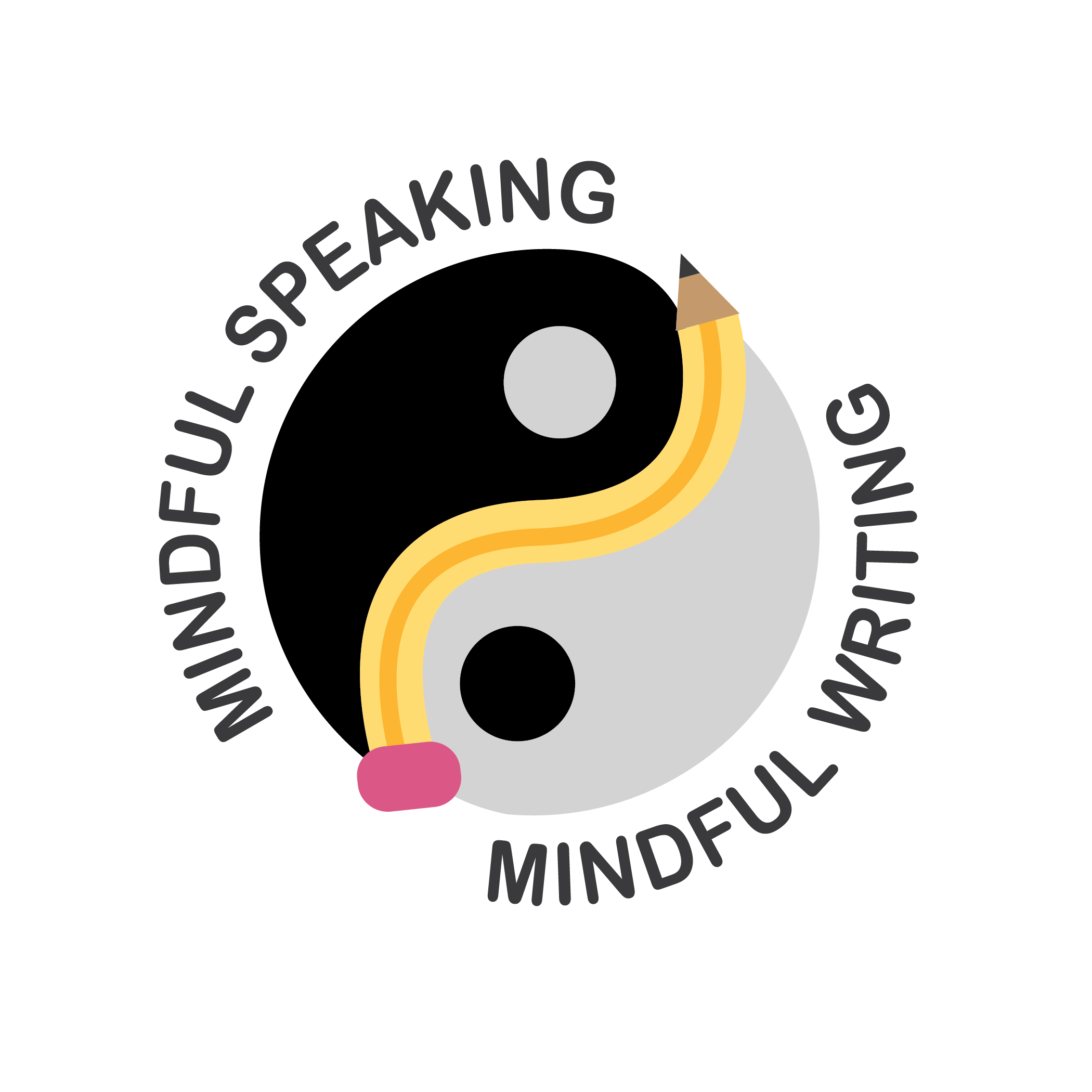
I’ve had several people speak to me about the impact of mindful conversation. A friend, who had been visiting with his family, in a passing comment at the top of the stairs, said, “I love how you talk with people. It’s different.” “Thank you,” I said, and we moved on, but the statement has stayed with me. For years I’ve been interested in how we connect. Or don’t. Now that I’m writing, speaking and teaching about Mindful Conversation, I’m aware of what a difference it is making in my life and so grateful for this gift.
What is Mindful Conversation?
For years I spoke from a place of fear. I tried to say what was right. I wanted to fit in and be liked. I worried about how I was coming across. I replayed conversations over and over in my mind. I perseverated – I should have said this or Why didn’t I say that? I wanted to show people how smart I was, or how cool I was, or how well read I was, or how accomplished I was, or … you get the picture. Fear-based conversation isn’t much fun. Mindful Conversation is joy based. Check it out here: https://petergibb.org/mindful-conversation/
Listening for Impact
St. Benedict talked about listening “with the ears of the heart.” Mindful Conversation is about listening and speaking from, with and to the whole being. When I listen with the ears of my heart, I hear a different voice. I hear what is spoken, and also what is not spoken but implied. I try to listen without judgment, and when I do, I hear more clearly what is coming from my conversational partner rather than what is coming from my own head. I feel connected to others in a way I never did before. That’s a big part of the joy.
Three Levels of Listening
Listening is the heart of it all. This goes way beyond active listening. I listen intentionally at three levels.
1. Level One is the Facts. A lot of conversation happens only at this level. It’s the plot. What happened? Who, what, where, when, how many etc? The facts are important, vital. Without agreement on the facts, we can have no dialogue. But the facts are not the full story.
2. Level Two is about thoughts and feelings, assumptions and beliefs, judgments and noble truths that we all hold, but often don’t recognize. Sometimes these are spoken. Often they are not. But they are there, hovering in the room, like a storm front about to hit land. They can change everything. I always keep one of my antennae tuned to level two.
3. Level Three is the Personal Meaning. It’s the so what level. What does this all mean to the speaker? It’s the level at which we question our identity or our fundamental worth or value. It’s the “Who am I?” question. It’s most often unspoken, and not always at play. But when you’re talking about what’s important to someone, level three is often the unspoken elephant in the room.
Learning to Listen
Learning to listen on these three levels takes time and practice. It’s not how we were brought up. Not how I was brought up anyway. The truth is most people barely listen at all. What passes for conversation is really serial monologue. But that’s a subject for another blog. Here are a few questions to ponder:
1. How well do you listen? What is a good listener anyway? Who do you know that you’d call a good listener? What do they do? EWhat impact does their quality of listening have on their conversation? On your relationship with them?
Think About It
If you’d like to read more about what good listeners do, check out this HBR article https://hbr.org/2016/07/what-great-listeners-actually-do
Let me know what you think.

Connect With Me